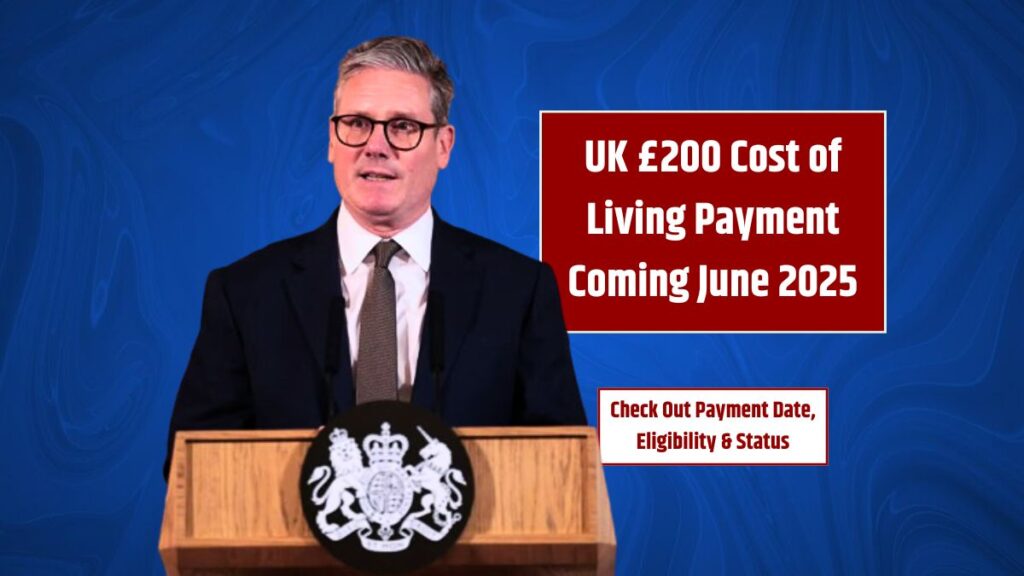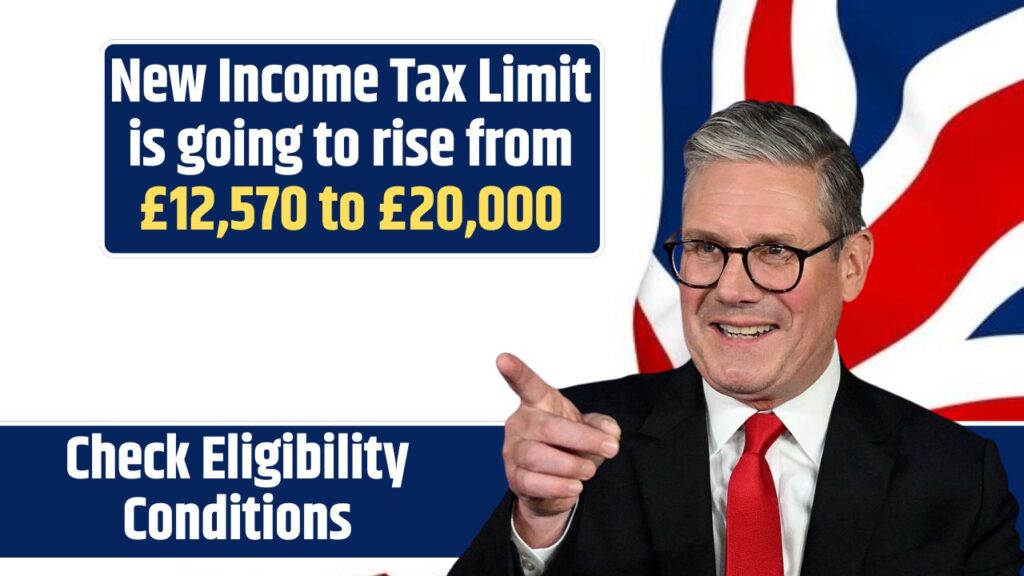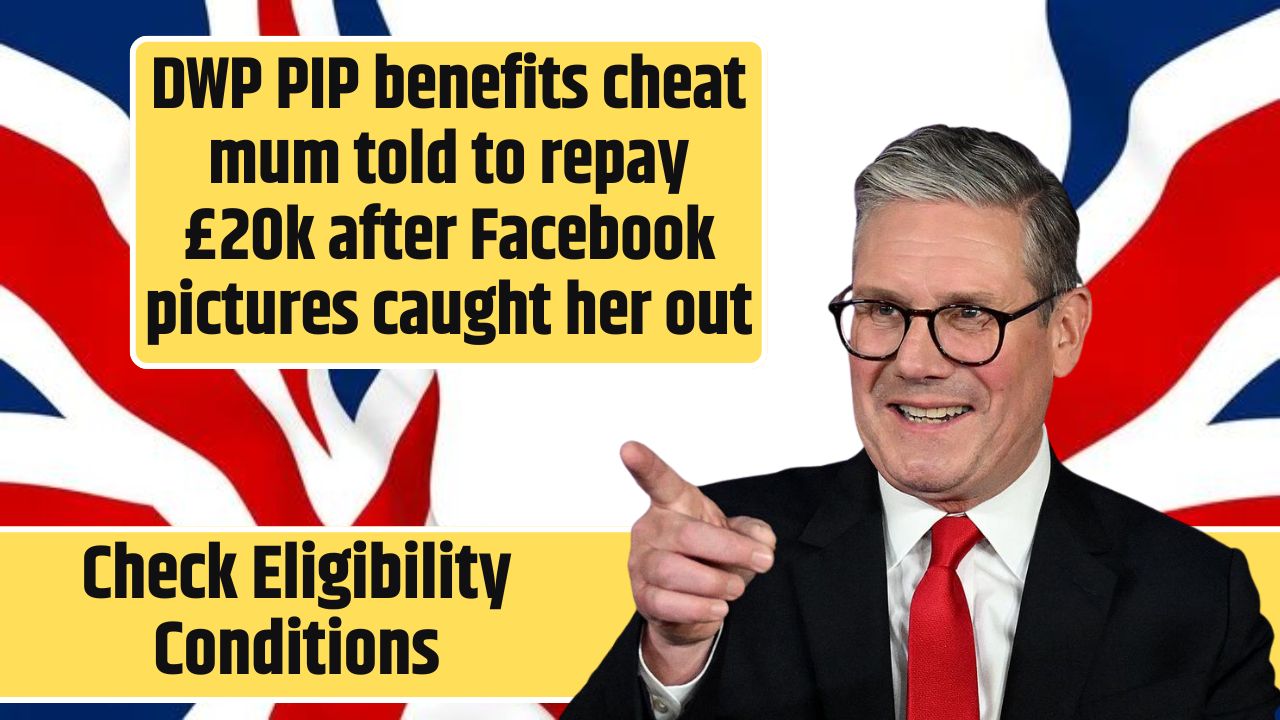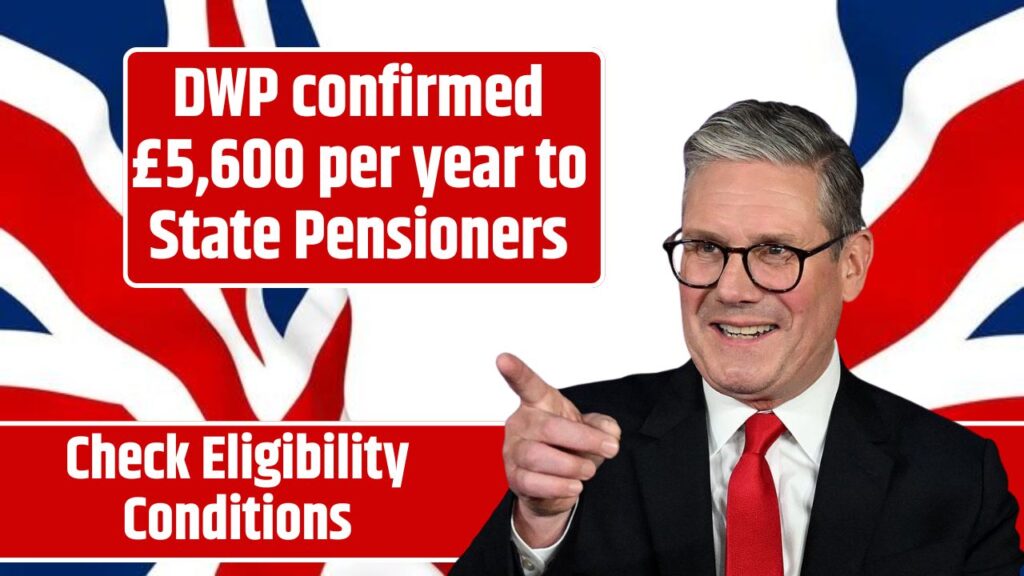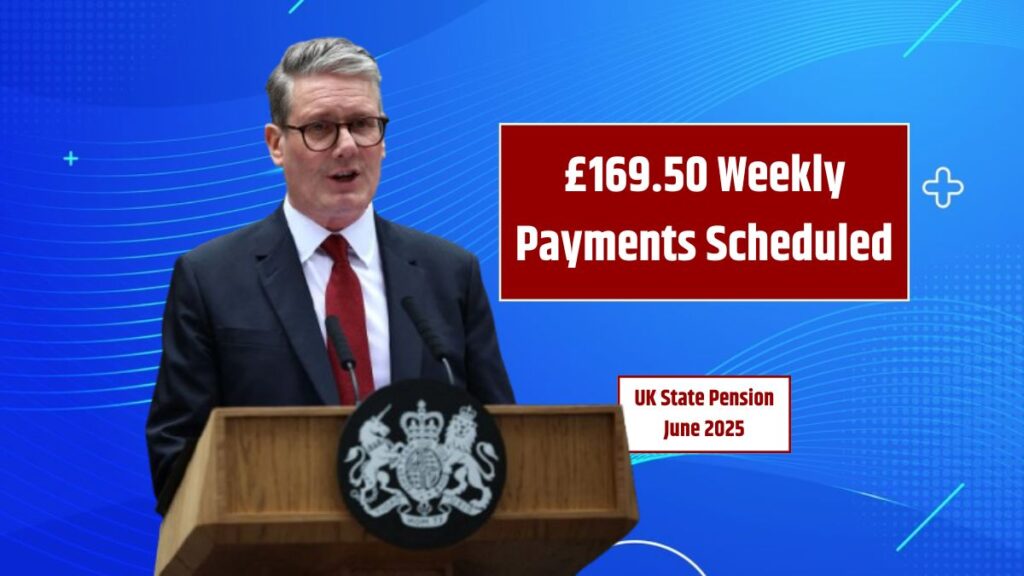The UK government is facing growing scrutiny over potential changes to salary sacrifice pension schemes, with reports suggesting that millions of savers could lose over £500 a year under new tax proposals. Spearheaded by Chancellor Rachel Reeves, the move—still under review—could significantly alter how workplace pensions function, drawing criticism from financial experts and raising alarm across the pensions industry.
What Is Salary Sacrifice?
Salary sacrifice is a popular scheme that allows employees to exchange part of their gross salary for increased pension contributions made by their employer. By lowering taxable income, workers also pay less in Income Tax and National Insurance Contributions (NICs). It’s widely used by employers as an incentive for retirement savings and helps boost pension pots more efficiently than direct after-tax contributions.
But now, the Treasury is considering a crackdown on this system as part of a broader effort to close a multibillion-pound gap in public finances, intensified by the economic strain from recent U.S. tariffs under President Donald Trump and domestic spending pressures.
What’s Changing?
A recently commissioned HMRC study has evaluated multiple options to reduce or eliminate tax advantages from salary sacrifice. These include:
| Proposal | Potential Impact |
|---|---|
| Removing National Insurance relief for employers and employees | Increases cost for both employers and workers |
| Removing Income Tax relief on sacrificed salary | Makes pension contributions less tax-efficient |
| Allowing NI relief only on the first £2,000 of sacrificed salary per year | Partial relief, could reduce tax savings for higher earners |
If implemented, these changes could cost average earners more than £500 annually, according to estimates cited by The Telegraph and MoneyWeek.
Why Is the Government Considering This?
According to former pensions minister Sir Steve Webb, the research places a tax raid on salary sacrifice “firmly on the agenda” as Chancellor Reeves prepares her Autumn Budget. With economic uncertainty growing and fiscal pressures mounting, HMRC is exploring new revenue sources—and pensions, once again, appear to be in the firing line.
“With a Chancellor reportedly looking to make up a multibillion-pound hole in the public finances… changes to salary sacrifice are likely to be considered,” Webb stated.
Industry Response: A “Stealth Tax” on Pension Savers
Critics have slammed the proposal as a stealth tax that penalizes workers for saving for retirement.
Jonathan Watts-Lay, a financial wellbeing expert, told The Telegraph:
“You’re basically saying to someone: pay more now, or have less when you retire. There’s no win for the saver.”
By reducing or removing tax exemptions, savers may be forced to contribute more out of pocket or settle for smaller retirement pots in the future. Employers may also pull back on offering enhanced contributions if the cost advantage is eliminated.
HMRC’s Position
While the Treasury has downplayed the reports, calling them “totally speculative”, it did confirm that HMRC routinely commissions independent studies into all aspects of the tax system.
A spokesperson added:
“We are committed to keeping taxes for working people as low as possible.”
That commitment, however, has not dispelled concerns that long-standing tax advantages for pension savers are on borrowed time.
Broader Context: Tax Pressure on Pensioners
This isn’t the first time pensioners and savers have found themselves caught in the crosshairs of fiscal policy. Recent years have seen:
- Frozen personal allowances, dragging more retirees into higher tax bands
- Surprise tax bills from HMRC due to underpaid PAYE or pension drawdowns
- Renewed debates over tax-free state pension treatment and lifetime allowances
With public spending on the rise and economic growth modest, many fear pensions will remain an easy target for stealth taxation.





